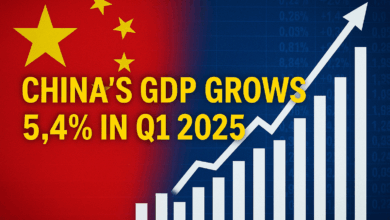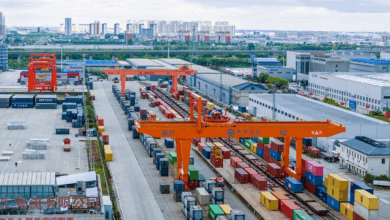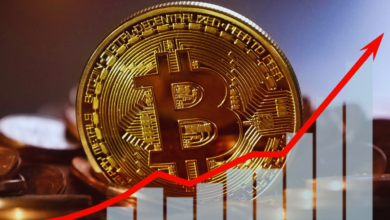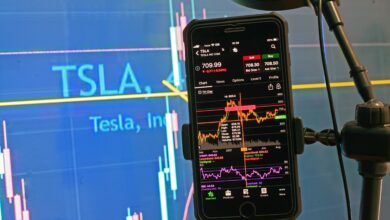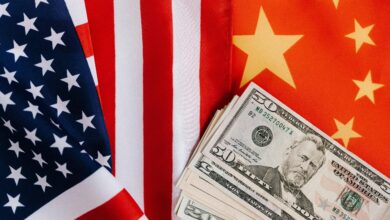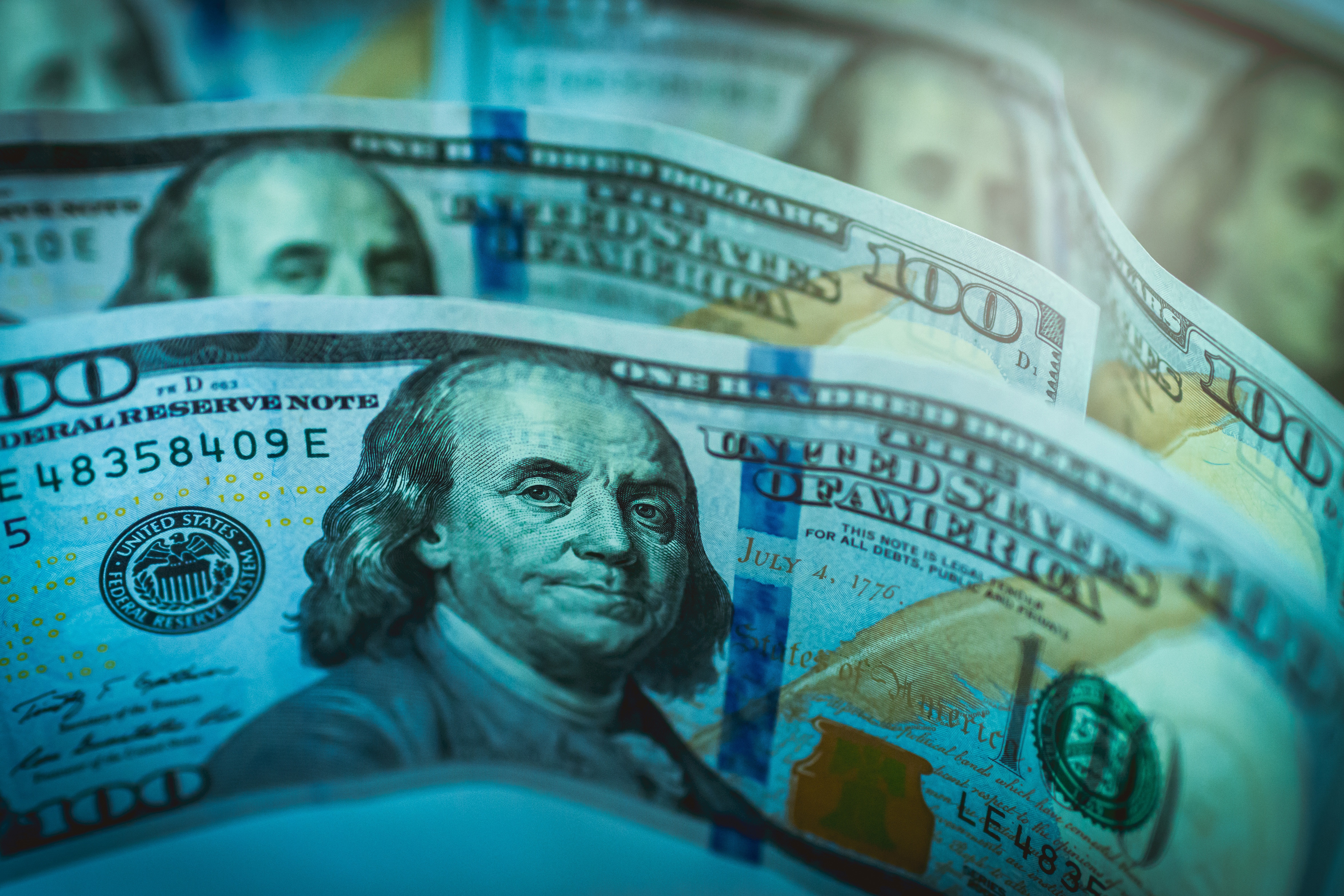Wall Street Reels as Trump’s Tariffs Trigger Market Turmoil
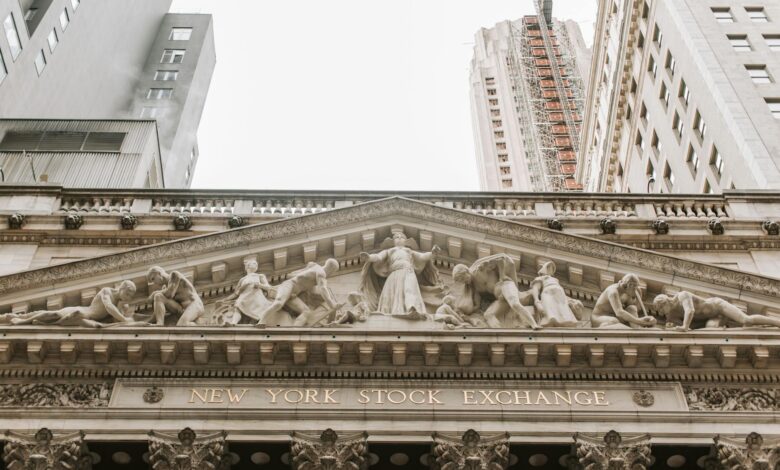
New York, (WE) — As Wall Street enters a new quarter, President Donald Trump’s tariffs are set to take effect, rattling financial markets. This uncertainty has led to the worst first-quarter slump for US stocks since 2020.
The stock market has been volatile as investors struggle with Trump’s unpredictable tariff policies. The S&P 500 index is down nearly 6% for the year, marking its worst start in four years.
Monday brought more market turmoil. The Dow fell 50 points, or 0.1%, after recovering from an initial 300-point drop. The S&P 500 slid 0.8%. The tech-heavy Nasdaq Composite plunged 1.8%, briefly reentering correction territory. It is now down 10% from its February high, hitting its lowest level since September.
Stock Market Performance Amid Tariff Concerns
The broader stock market has suffered as uncertainty looms. The Dow Jones Industrial Average, which tracks 30 major US companies, has seen a choppy performance this year, fluctuating between gains and losses as tariff policies unfold. The S&P 500, a key benchmark representing the broader economy, has faced downward pressure, with major sectors such as technology, industrials, and consumer goods experiencing declines.
Technology giants like Apple, Nvidia, and Microsoft have seen share price declines due to concerns about trade restrictions and increased production costs. Meanwhile, industrial stocks such as Caterpillar and Boeing have also been affected, as tariffs on raw materials add pressure on manufacturing costs.
Global Market Anxiety Ahead of “Liberation Day”
Market jitters are not confined to Wall Street. Stocks across the globe tumbled on Monday as traders braced for what Trump has dubbed “Liberation Day” on Wednesday. On this day, reciprocal tariffs, among other measures, are set to come into force. Economists fear these sweeping tariffs could fuel inflation and impede economic growth.
Concerns over a potential recession are growing. Goldman Sachs in a note on Sunday, raised its recession probability in the next 12 months to 35%, up from 20%, citing the economic strain posed by Trump’s tariff agenda. Analysts at the bank also revised their year-end target for the S&P 500 downward to 5,900 from an earlier projection of 6,200. Similarly, Barclays adjusted its forecast, lowering its target from 6,600 to 5,900, reflecting the growing unease on Wall Street.
Tariffs: A Market Roadblock
At the outset of the year, US stocks were soaring to record highs, with expectations that Trump’s policies would foster a pro-business environment. However, his persistent focus on tariffs has left investors puzzled and concerned about long-term economic implications.
The Nasdaq Composite, heavily weighted with tech stocks, has been hit hardest, plunging 12% year-to-date. The index is on track for its worst quarterly performance since June 2022 and its worst start to a year since 2020. Analysts attribute this downturn to uncertainty surrounding tariffs as well as broader debates over the valuation of artificial intelligence-driven stocks.
While stocks have struggled, gold prices have surged. On Monday, the most actively traded gold futures contract in New York soared above a record high of $3,150 per troy ounce, reflecting investor appetite for safe-haven assets amid market uncertainty. MarketWatch has been tracking this trend closely.
Businesses and Consumers Brace for Impact
Despite investor concerns, Trump has shown little sign of backing down. In an interview with NBC News on Saturday, he dismissed the potential impact of tariffs on consumer prices, stating he “couldn’t care less” if automakers raise prices as a result.
“The administration cites fairer trade relationships as the goal, with reciprocity as the governing principle for implementing tariffs. But beyond that, little is known about what this policy will entail,” Morgan Stanley analysts noted in a report on Monday. This lack of clarity has only added to investor anxiety.
Bond Markets Rally Amid Uncertainty
Amid stock market losses, US government bonds rallied on Monday as investors sought safe-haven assets. The yield on the 10-year Treasury note dropped to 4.21%, reflecting strong demand for government debt.
Thomas Martin, senior portfolio manager at Globalt Investments, echoed concerns about the unpredictability of the administration’s tariff policies. “The comments leading up to this are still a lot of mixed messages, and so the uncertainty level is still high. Nobody really knows what to expect,” Martin said. “We’re going to get an announcement, and we’re still not going to have clarity. And I think that’s the main thing we’re going to be living with for a while.”
Read More:
Mr. Cooper Joins Rocket Companies in a Landmark $9.4 Billion Mortgage Merger
New Executive Order by Trump Set to Enhance Cryptocurrency and Launch Digital Asset Reserve
Capital One Suffers Two-Day Outage and Counting, Leaving Customers in Financial Limbo
Global Ripple Effects
International markets are feeling the strain of Trump’s tariffs as well. In Japan, the benchmark Nikkei 225 tumbled 4% on Monday, officially entering correction territory with a 10% loss for the quarter. Taiwan’s main index suffered a similar fate, also dropping more than 4% and closing the quarter down 10%.
European markets were not spared either. The STOXX 600 index fell 1.4%, and Germany’s DAX index also dropped 1.4% amid growing economic fears.
Meanwhile, Wall Street’s “fear gauge,” the Cboe Volatility Index (VIX) surged 9%, signaling heightened investor anxiety. CNN’s Fear and Greed Index indicated “extreme fear” dominating market sentiment on Monday.
Market Watchers on Edge
Analysts remain cautious about what lies ahead. “It’s all about tariff uncertainty and how much tariffs and countermeasures will be announced,” said Mohit Kumar, chief economist and strategist for Europe at Jefferies. The fluid nature of trade negotiations, coupled with ongoing economic concerns, has left investors with little confidence moving forward.
As Wednesday’s “Liberation Day” approaches, traders, businesses, and consumers alike remain in limbo, unsure of how these tariffs will reshape the economic landscape. One thing is certain: Wall Street is fed up with the uncertainty, and the market turmoil shows no signs of abating.
